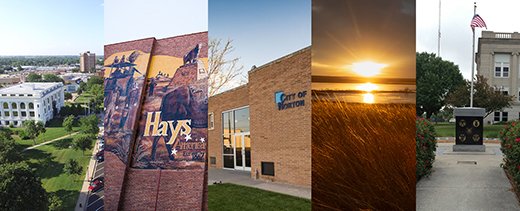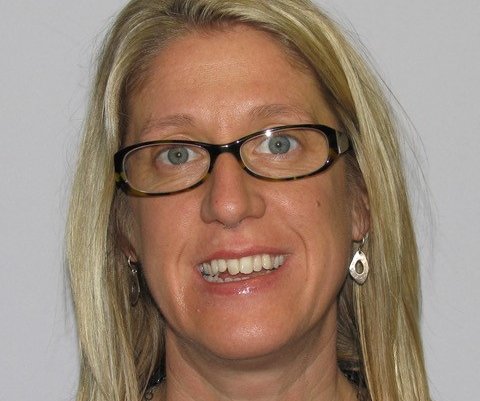MANHATTAN — Kansas State University will spend Nov. 7-9 visiting several county regions: Barton County, Ellis County, Norton County, Phillips County and Smith County.
The multi-day event across five counties is part of the second year of regional community visits across the state. Through the community visit initiative, K-State is engaging with people and communities across all 105 counties of Kansas.
The upcoming community visit series to the five counties will include several days of activities to engage with, listen to and learn from Kansans in the Great Bend, Hays, Norton, Phillipsburg and Smith Center regions.
K-State leaders and Connected ‘Cats students will lead several events, including community conversations, recruitment activities and events to highlight university partnerships and K-State Research and Extension relationships.
The Connected ‘Cats students for the Barton County and Ellis County portion of the visit include Jocelyn Rigler, sophomore in biology, Hays, and Rachel Sebesta, junior in agricultural education and global food systems leadership, Wilson.
The Connected ‘Cats students for the Phillips County, Norton County and Smith County portion of the visit include Kagan Keeten, senior in agribusiness, Glade, and Meg Keeten, senior in communications sciences and disorders, Phillipsburg.
The keystone events include two community open forums:
•5:30-7 p.m. Tuesday, Nov. 7, at the Great Bend Events Center, 3111 10th St., Great Bend. People can RSVP for this community open forum atk-state.edu/barton-county.
•5:30-7 p.m. Wednesday, Nov. 8, at the Bullseye Event Center, 118 S. Kansas Ave., Norton. People can RSVP for this community open forum at k-state.edu/norton-county.
Both community open forums are free and open to all Kansans: community members, leaders, families, current and future students, and parents. The community open forums also will include free K-State Call Hall ice cream.
Other events throughout the multi-day visit will occur in Hays, Phillipsburg and Smith Center and will focus on topics such as community development, water management and child care. View a schedule with full details for the Nov. 7-9 community visit at https://www.k-state.edu/president/initiatives/regional-community-visits/schedule/barton-ellis-norton-phillips-smith-counties/
“Through these community visits, we are engaging with people and communities across the state, which is a key piece of our K-State 105 initiative to build economic prosperity in Kansas,” said Jessica Gnad, K-State 105 director. “We want to bring K-State 105 alive through valuable conversations that help build on our partnerships in these five counties.”
The K-State community visit initiative focuses on the people of Kansas and their communities. K-State is visiting multiple communities throughout the state to listen to and learn from the Kansans who live there. Learn more about the community visit initiative.
The community visits are an important part of the K-State 105 initiative, which is Kansas State University’s answer to the call for a comprehensive economic growth and advancement solution for Kansas. The initiative leverages the statewide K-State Research and Extension network to deliver the full breadth of the university’s collective knowledge and solution-driven innovation to every Kansan, right where they live and work. Additionally, K-State 105 forges the connections and partnerships that create access to additional expertise within other state institutions and agencies, nonprofits and corporations — all part of an effort to build additional capacities and strengths in each of the 105 counties in the state.












